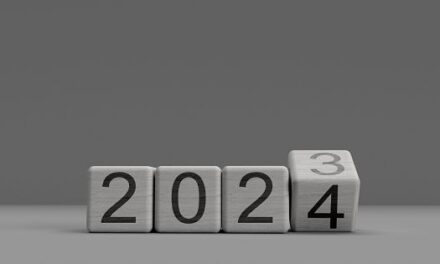Of the three elements, this is probably the easiest to associate with its Greek heritage. Logos – logic. Things need to make sense, they have to be consistent with the message, and the messenger. Stepping into the realm of cliché for a moment, if you have a heavily tattooed person in ripped jeans and many piercing tell you they’re about to deliver a lecture on Cosmic String Theory, the logos of that argument is pretty much shot from the get go.

This element is often listed third in the triumvirate of elements of persuasion, because if the first two stack up really well, you often give Logos some concessions. If you know this person who is heavily tattooed is well spoken, kindly and helps kids at the local recreation centre, so his Ethos is established; and if you absolutely love Cosmic String Theory and it excites you and you’ve read a few articles this person has written, then your Pathos is established. So, while this person may not look like any cosmic philosopher you’ve ever seen, you’ll give them a chance to persuade you with their message, and try not to stare at the three eye brow piercings and nose rings.
Where this element of Logos comes into its own is through the ‘love at first sight’ situation. This message is at the core of every personal stylist, fashion magazine, and clique of girls judging every person walking past them in the mall. The first impression you make, visually, will set you up for the rest of the encounter. If it is a bad impression, then people will presuppose about you, and any networking, anything you wish to do, you’re starting on the back foot.
Let me return to the Trivago ad series. For the reasons mentioned previously, about the whimsy of romance, and the consistency of the characters involved, it makes sense that this rich playboy with the hipster beard would whisk the lady around the world with him, staying at fancy hotels. The logic of this fantasy story holds true – Cinderella finds her prince charming, and lives the life of fancy hotels around the world.
Logic can mean different things to different people, as I mentioned above. In regards to Trivago, people could argue that meeting a woman in a hotel would not logically extend to a romance which spans the world. And yet, in my personal life, this logic holds, so, it CAN happen.
What does this mean in regard to the Trivago ad campaign? It means that people who don’t believe in the logic that a man and woman who meet in one of their hotels could tour the world would not buy from them. But then, that may not be their target market. They want adventurous people who would lob into a city, and then use them to find a place to stay.
When it comes to your target market, those customers you really want to appeal to, then you need to understand what makes sense to these people. It makes sense to the younger generation that, purchasing something now will probably mean they will need to upgrade it later to a newer model, and if what they purchase from you sucks, they’ll tell everyone they know, and don’t know, on social media. For an older generation, their logic can centre around good old customer service, speaking to someone, knowing that their purchase will last a long time.
Of course, these two examples are incredibly generalised, compared to some more detailed avatar profiles you can create, but you can begin to see where I am going with this.
Looking back, again, to your target market, or more so to a market you wish to break into, Logos can be the most important factor in any marketing campaign. You can appeal to the emotions of many people, have them believing that what you’re proposing is the right thing to do, but if it doesn’t make sense, if the logic of your argument does not hold true, then you lose a potential new client. You need to find that way to convince them that what you say makes sense, is true for them and their beliefs.
An example of this can be the professional charity collectors. Yes, I feel for the cause you are collecting for, the pain in your voice captures my heart and makes me yearn to help whatever it is you’re trying to help. I agree that we, as a rich, first world nation, should help those less fortunate than us, I just don’t get the logic that these professionals can sometimes get paid $100 per sign up to a long term charity plan (source: news.com.au Feb 19, 2012). You need to somehow convince me that this is the right thing for me to do, and that I don’t have a better option with a more, ethical charity collection.
This is the fourth article in this series, and the third to look at these three core ingredients for a GOOD STORY. Next time you read an article, see an ad campaign on the television, or the movies, ask yourself- do I feel connected to the protagonists of this campaign? Do you believe in the integrity of character, for those depicted in the campaign? And does it make sense, what they’re doing?
If there is a yes to all three questions- you’re in. If you answer no, then there is a flaw, and it will not stay solid in your memory, and you would remember the campaign for all the wrong reasons.
You can build a long story arc for a product, and have customers hanging on your every word. You can build a narrative, build a raving mad tribe of followers for your products, your next instalment of the story. And, at the end of the day, when it comes to the bottom line, you can make some substantial coin, for a long, sustained time.






















